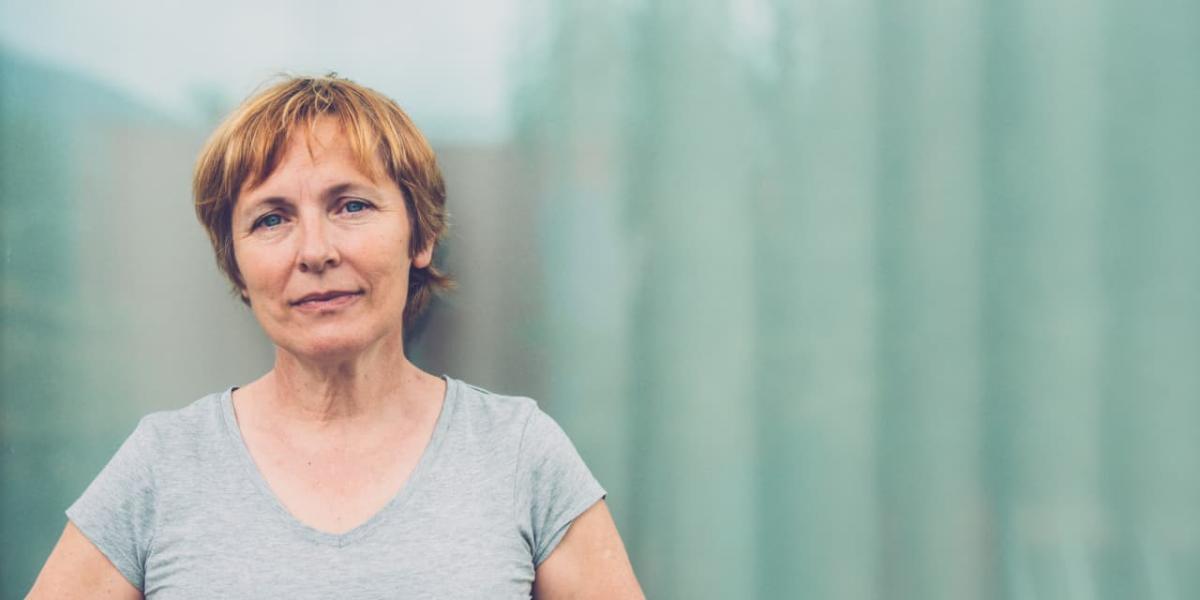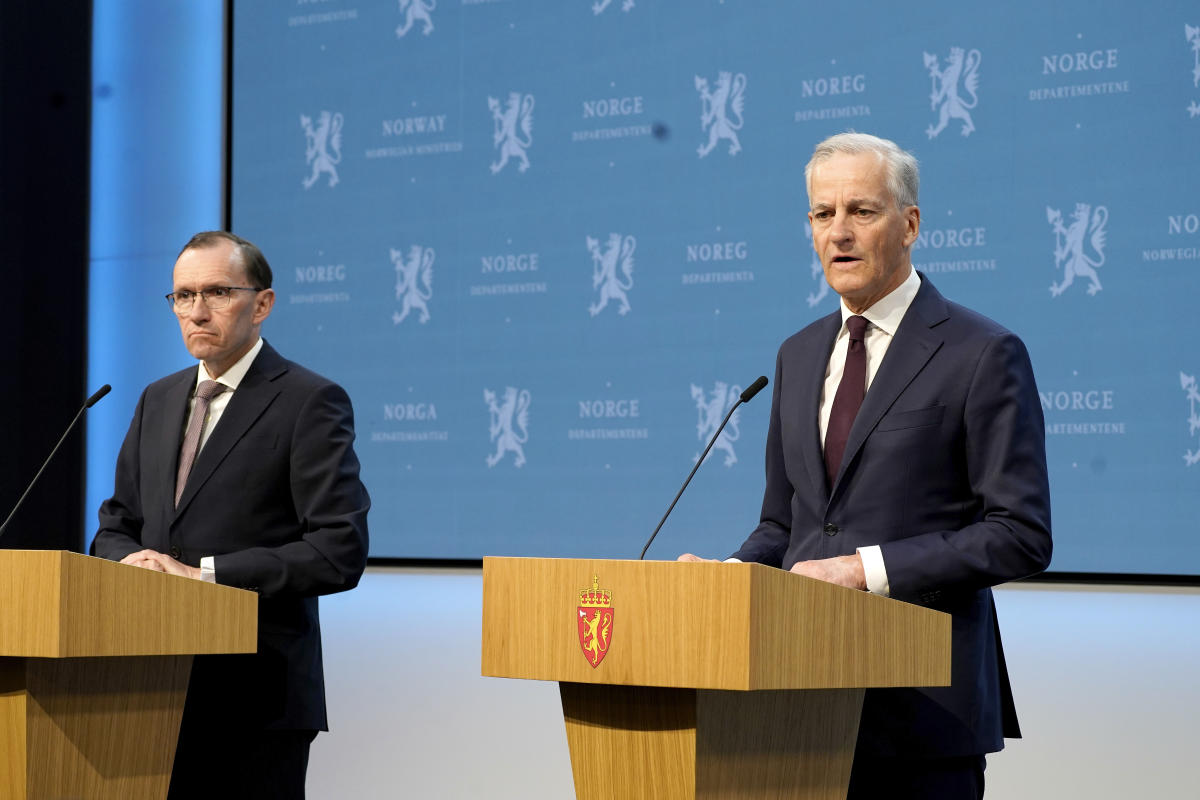Large crowds have started to gather in the Iranian capital Tehran for the main funeral ceremony of the country’s late President Ebrahim Raisi.
Mr Raisi died alongside Foreign Minister Hossein Amir-Abdollahian and six others in a helicopter crash on Sunday near the border with Azerbaijan.
The ceremony will begin with Iran’s Supreme Leader, Ayatollah Ali Khamenei, leading prayers in the capital, before coffins draped in the Iranian flag will be taken into the city’s main Azadi square.
Authorities have warned against demonstrations against the funeral procession and insults posted online.
Across the capital, large banners have been raised hailing Mr Raisi as “the martyr of service”, while others bade “farewell to the servant of the disadvantaged”.
Some residents in Tehran received texts urging them to attend Wednesday’s ceremonies, the AFP news agency reported.
Footage carried by state TV showed streets filled with mourners, many of whom were carrying pictures of Mr Raisi or the Iranian flag.
A handful of foreign dignitaries are expected to attend the proceedings.
Funeral rites for the men began on Tuesday in the city of Tabriz and the Shiite clerical centre of Qom, where thousands of black-clad mourners attended ceremonies.
After Wednesday’s procession in the capital, Mr Raisi’s remains will be moved to South Khorasan province, before being transferred to his home city of Mashhad in the northeast.
He will be buried on Thursday evening in the city after funeral rites at the Imam Reza shrine.
Five days have of national mourning have been declared in the country.
Mr Raisi was a highly divisive figure in Iran. In the 1980s, he oversaw the executions of scores of opposition activists while working as a prosecutor.
And he unleashed a brutal crackdown against demonstrators angered by the killing of Mahsa Amini. The 22-year-old died three days after she was detained by morality police in the capital for allegedly violating Iran’s strict rules requiring women to cover their hair with a hijab, or headscarf.
But his ultra-conservative outlook won favour with supporters of the regime, and Mr Raisi was viewed as a possible successor to Ayatollah Khamenei.








